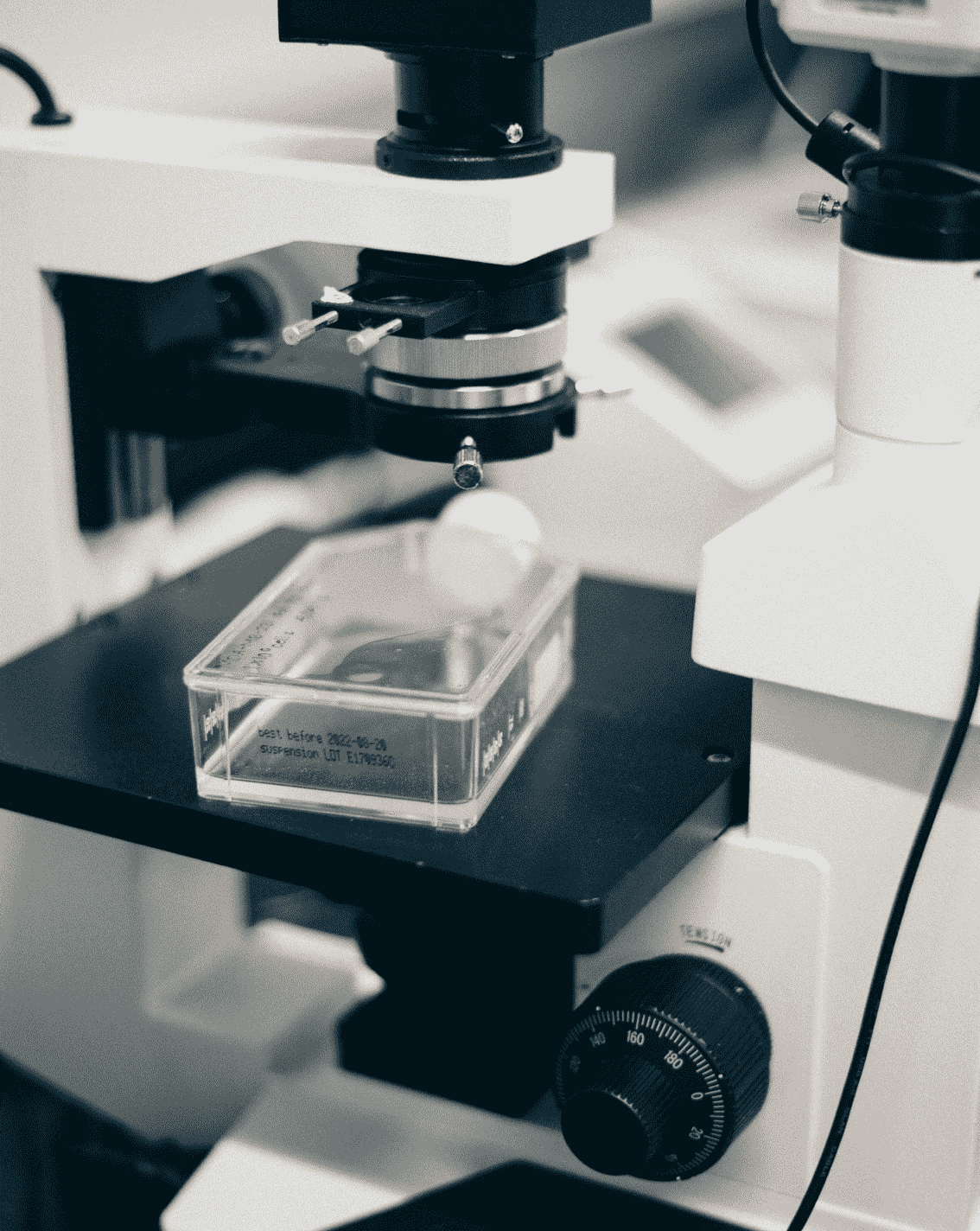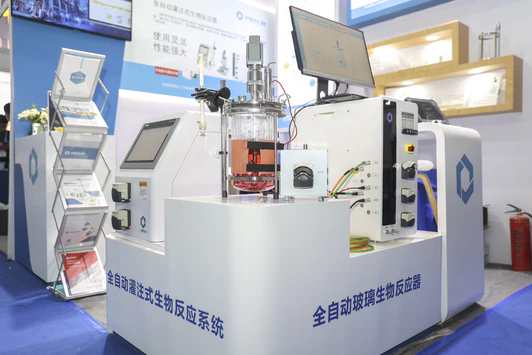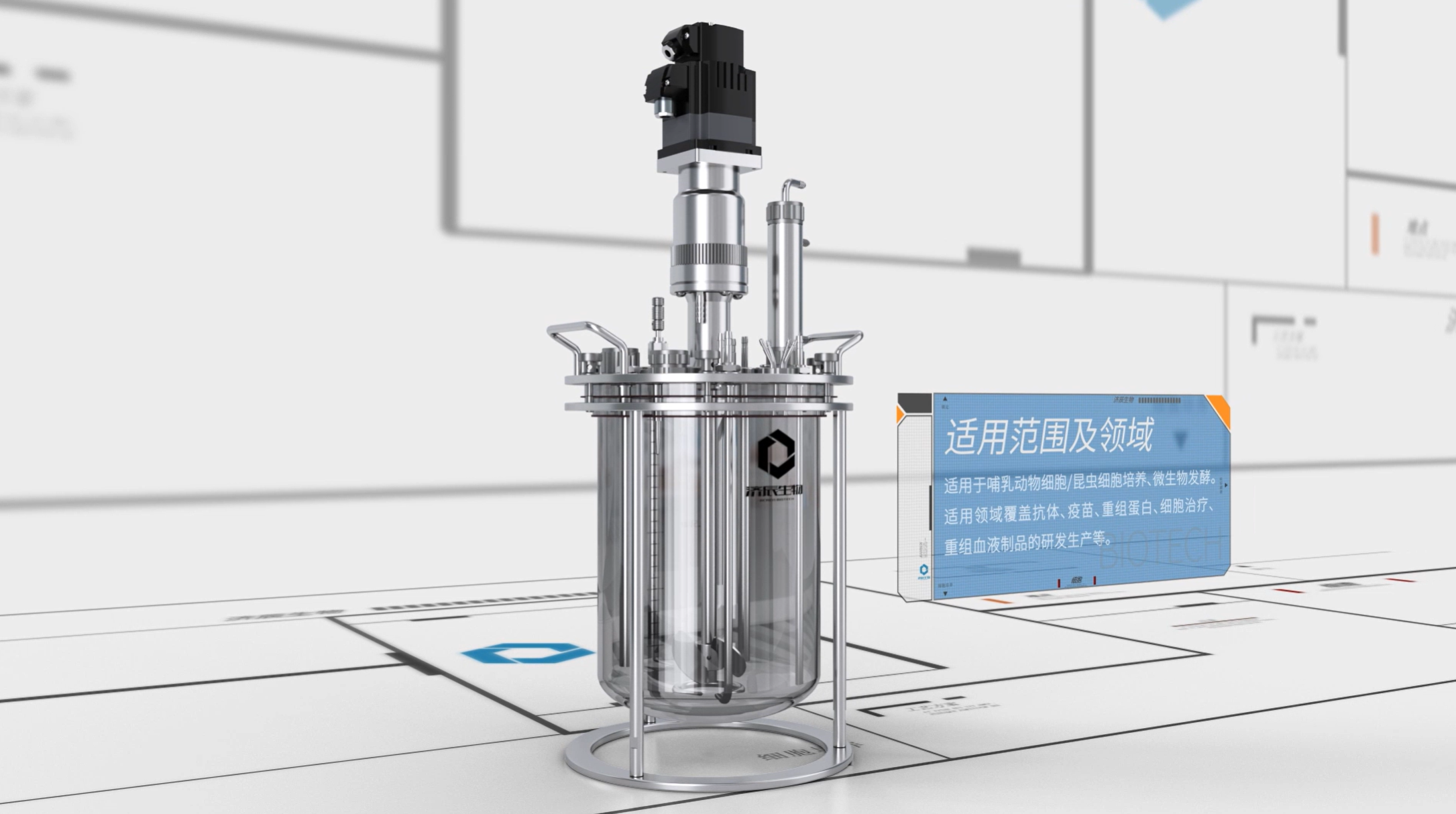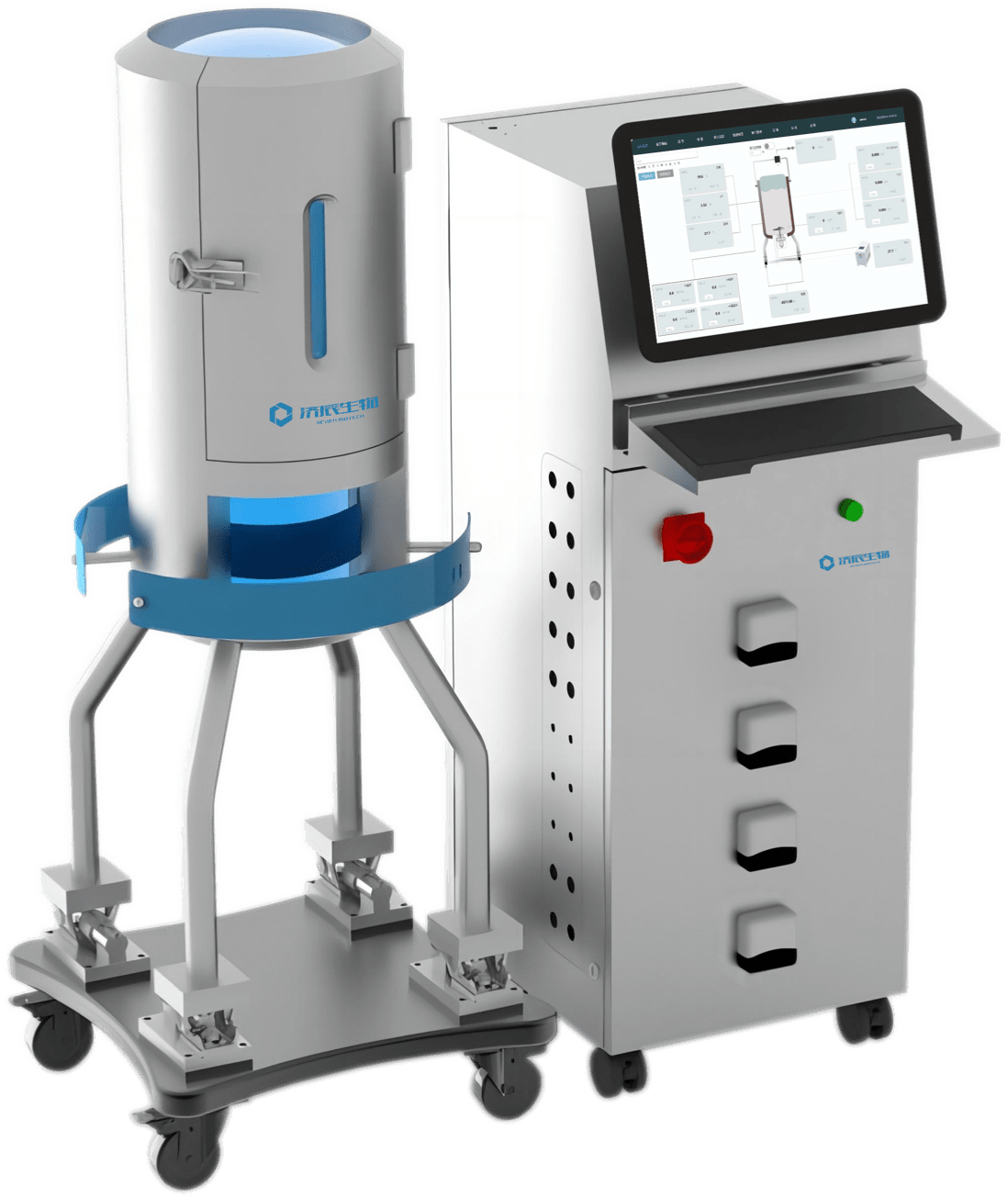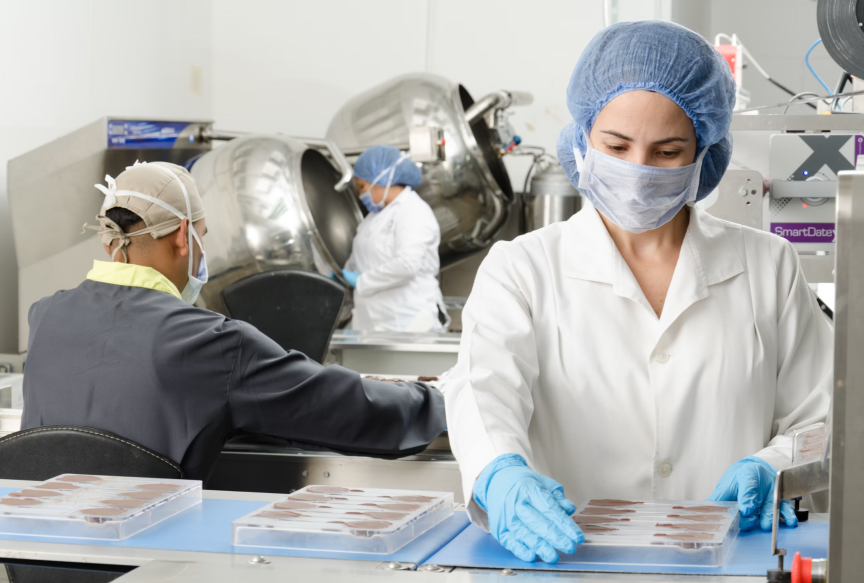Bioreactors are key devices in the field of bioengineering, which utilize organisms or biocatalysts (e.g., enzymes) to produce useful products in a simulated ecological environment. With the global pursuit of sustainable development and green manufacturing, the application of bioreactors in green biomanufacturing has received increasing attention. In this paper, we will discuss the key role of bioreactors in green biomanufacturing, the challenges they face, and future directions.
Key roles of bioreactors in green biomanufacturing
Bioconversion and Resource Recycling
Bioreactors can convert non-traditional raw materials, such as agricultural wastes and industrial wastes, into high value-added products, such as biofuels, bioplastics and biochemicals, through the process of biotransformation. This process not only reduces environmental pollution, but also promotes the recycling of resources.
Energy saving and emission reduction
Bioreactors have higher energy efficiency and lower carbon dioxide emissions in biomass conversion compared to traditional chemical manufacturing processes. The application of bioreactors in biofuel production provides an important support for the global energy structure transition.
Reducing the use of chemical additives
Bioreactors utilize biocatalysts for the reaction, which reduces the use of chemical additives and reduces the potential hazards to the environment and human health during the production process.
Improving production efficiency
With the advancement of bioengineering technology, the design and operation of bioreactors are more optimized, making the production process more efficient, shortening the production cycle and reducing production costs.
Challenges for bioreactors in green biomanufacturing
Stability of biocatalysts
Stability of biocatalysts (e.g., enzymes and microorganisms) in bioreactors is an important factor that affects the efficiency of production of the bioreactor. How to improve the stability of biocatalysts in the reactor and prolong their service life is a major challenge nowadays.
Bioreactor design and scale-up
The design of bioreactors needs to take into account the characteristics of the biocatalyst, the reaction conditions, and the extraction and purification of the products. Scaling up small laboratory-scale bioreactors to industrial scale and maintaining efficient production performance is a complex process.
Control and optimization of the production process
Bioreactivity processes are often affected by a variety of factors, such as temperature, pH, and dissolved oxygen. How to accurately control these parameters and optimize the production process is the key to improving product quality and yield.
Product separation and purification
Products produced by bioreactors often need to go through a complex separation and purification process. How to develop efficient and environmentally friendly separation and purification techniques and reduce production costs is an important topic in bioreactor applications.
Future direction of bioreactors in green biomanufacturing
Integration and intelligence
Future bioreactors will be developed in the direction of integration and intelligence to realize automatic monitoring, control and management to improve the stability and efficiency of the production process.
Miniaturization and portability
The development of micro-bioreactors provides the possibility of on-site rapid detection and biomanufacturing in special environments, which has a wide range of prospects for application in the fields of biomedicine and environmental monitoring.
Systems biology and synthetic biology applications
Using the research results of systems biology and synthetic biology, we can gain a deeper understanding of the bioreaction process and design more efficient bioreactors.
Sustainable development
Research and application of bioreactors will pay more attention to the sustainable development, and promote the harmonious development of the economy, the society, and the environment through green biomanufacturing.
Bioreactors play a crucial role in green biomanufacturing, and despite the many challenges, with the advancement of science and technology and the updating of concepts, bioreactors will play a greater role in realizing green, low-carbon and sustainable industrial production.
